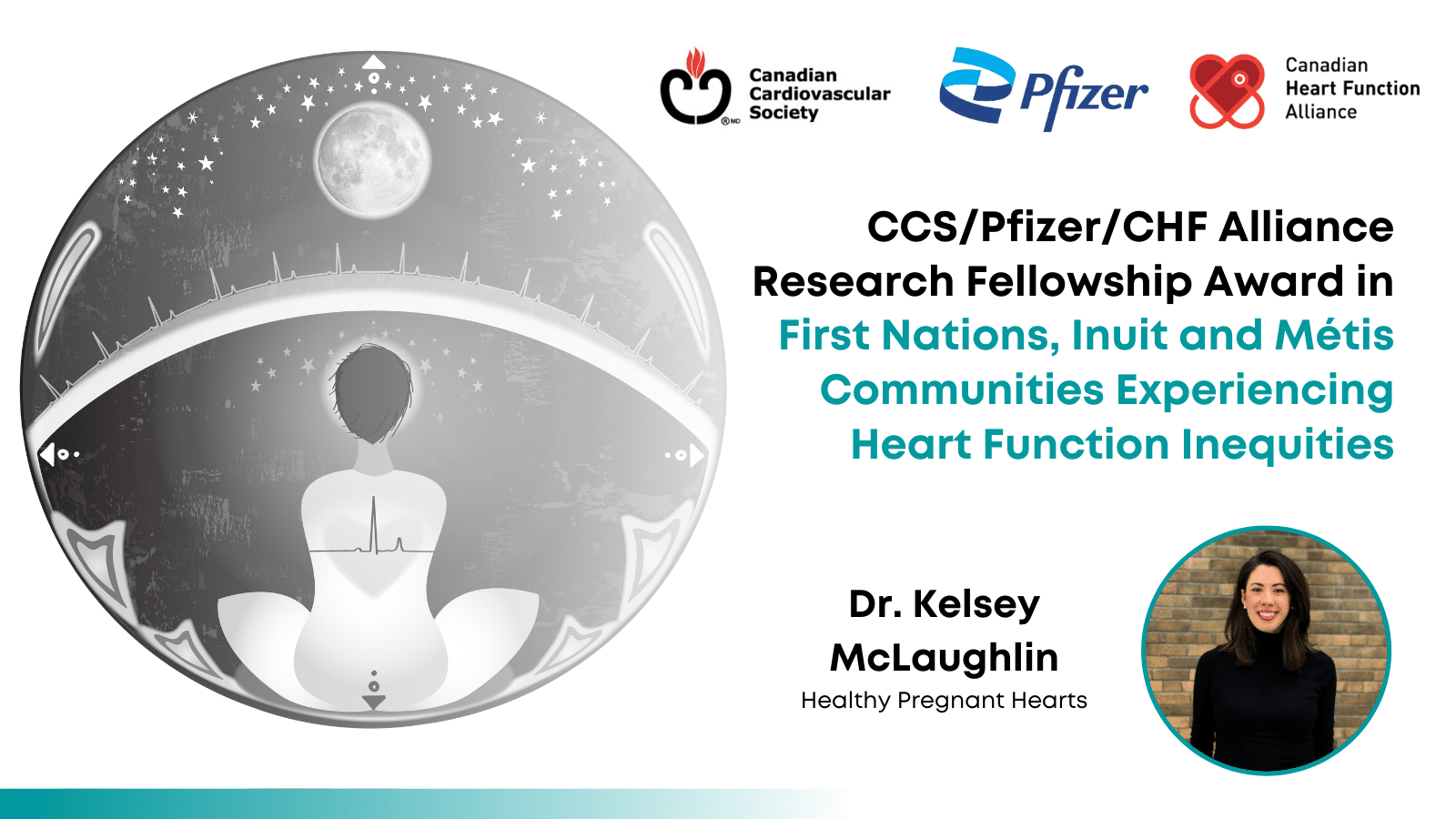
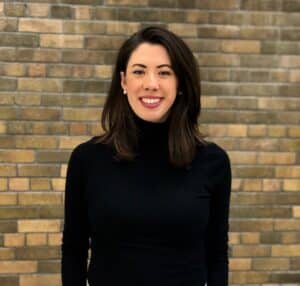
Dr. Kelsey McLaughlin, Assistant Professor in the Department of Obstetrics and Gynecology at the University of Toronto and Staff Scientist at Sinai Health System, has been awarded the CCS/Pfizer/CHF Alliance Fellowship Award in First Nations, Inuit and Métis Communities Experiencing Heart Function Inequities. Working in collaboration with Nicole Ratt, Health Director of the Kitiganik Health and Wellness Centre at the Algonquins of Barrière Lake First Nation, Dr. McLaughlin’s research aims to deliver community-informed, culturally-sensitive health information to pregnant people and their families regarding cardiovascular disease prevention and management during pregnancy and beyond.
Here, we discuss the Healthy Pregnant Hearts project with Dr. Kelsey McLaughlin and Nicole Ratt to find out how they hope to empower Indigenous mothers and close gaps in health outcomes.
What attracted you to the field of maternal cardiovascular health?
Dr. McLaughlin: When I was an undergraduate student at Queen’s University, I attended a lecture by Dr. David Barker, the epidemiologist who proposed the theory of fetal origins of adult disease (Barker hypothesis). From that point onwards, I was interested in maternal health and, specifically, maternal cardiovascular health. I went on to complete a PhD in Pharmacology and Toxicology at the University of Toronto. This year, I started my first independent position as an Assistant Professor at the University of Toronto, focusing on advancing maternal cardiovascular health in high-risk obstetrics patients. My collaboration with Nicole Ratt, Health Director of the Health and Wellness Centre in Barrière Lake, began during the COVID-19 pandemic, and has expanded since then.
How did this project get started?
Dr. McLaughlin: This project is informed by a 2020 Community Needs Assessment of the Algonquins of Barrière Lake community; cardiovascular disease was identified as a top community health concern, with pregnant people being a particularly vulnerable population. We see this project as investing in pregnant people in order to improve the short-term maternal health, as well as the long-term health of families and the community.
Can you walk us through the components of the Healthy Pregnant Hearts project?
Dr. McLaughlin: The first part of the project is to facilitate dialogue within the Algonquins of Barrière Lake community to identify current gaps in cardiovascular health needs of pregnant community members. We will start with a feast in the community to provide meaningful engagement of Elders, community leaders and those with lived/living experiences to guide the research process. These discussions will then inform the development of a monthly seminar series. Based on topics identified, we will recruit national and international experts on maternal and cardiovascular health to participate. All of these seminars will be facilitated by Indigenous health-care providers and will include a combination of Western medicine and traditional teachings. We will produce knowledge translation projects from each seminar topic. While Healthy Pregnant Hearts is collaborating with one First Nations community in rural Quebec, we want this information to be available to as many pregnant people across Canada as possible. We have developed a social media campaign to produce TikTok and Instagram content to spread information as widely as possible.
What knowledge gap will be filled through this research?
Nicole Ratt: We live in an isolated community, very far from urban centres and specialized care. The nearest hospital is an hour and a half away. We don’t have a doctor on site. We have two or three nurses on shift at a time. We have a high rate of type 2 diabetes, and increasing rates of heart issues and stroke. We need to do something for the future.
Dr. McLaughlin: There is a lack of culturally-sensitive cardiovascular disease prevention and management information available to pregnant Indigenous people at the community level in Canada. One of the main goals of this project is to deliver critical health information in the language of choice. Algonquin is the first language of this community, with 100% fluency. Nicole and other community members will be involved in the translation of knowledge. We believe providing accurate, evidence-based information to the community, in the preferred language, facilitated by members of their own community, including Indigenous health-care providers, will advance community health.
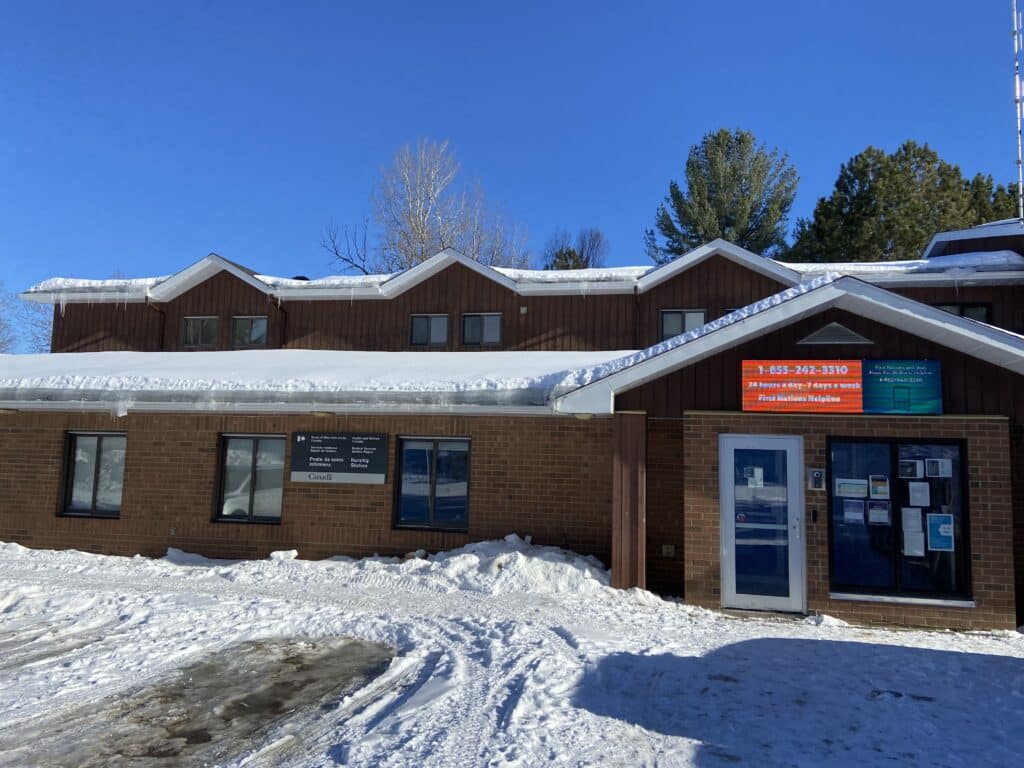
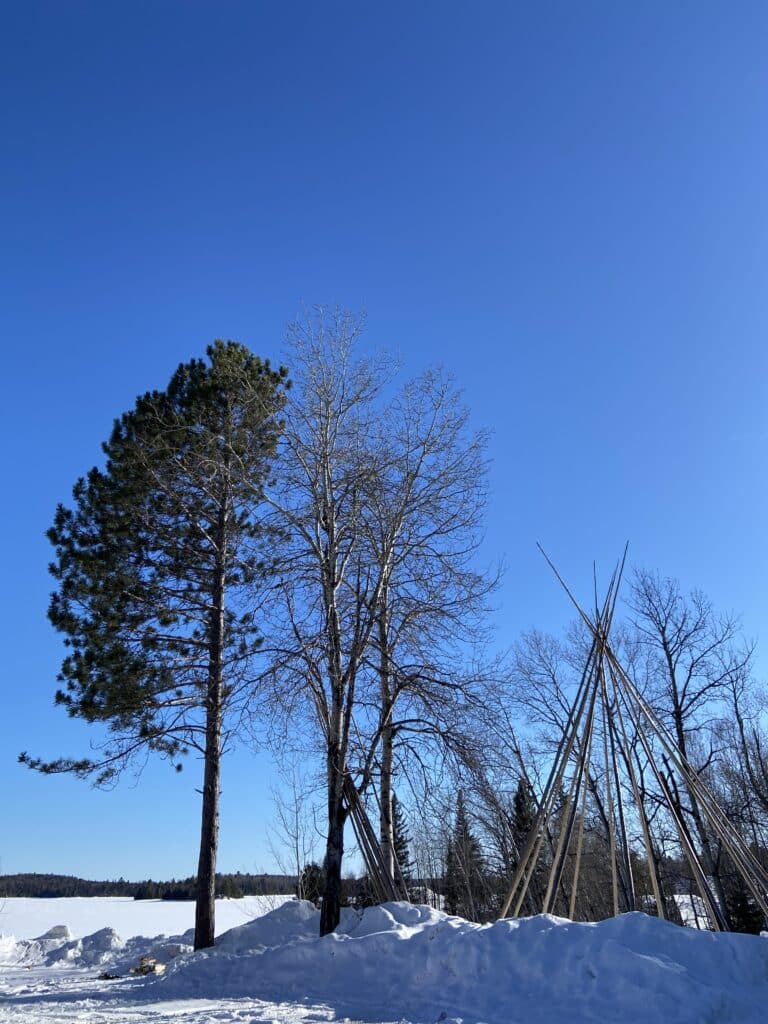
What is the guiding principle of this work?
Nicole Ratt: The community is very involved in every step of this project. We believe in self-determination of health. The foundation of our work is the motto “Nothing For Us, Without Us.” We want to provide community members with information that is useful to them and makes them healthier. We believe this project will make families and the community healthier.
Does this research align with the recommendations of the Truth and Reconciliation Commission?
Nicole Ratt: Absolutely. Everything is tied to that. Knowledge is power for our community and for our young moms. Our community is standing up and providing input. That’s the only way we can advance. I am the daughter of a Survivor. There have been a lot of barriers to allowing us make informed decisions. Certain services have not been provided because of who we are. That’s what Truth and Reconciliation is about.
What does this fellowship award mean to you, personally?
Dr. McLaughlin: I am thrilled to receive this fellowship award in my first year as Assistant Professor. I have been a member of CCS since I was a PhD student and have really benefited from the opportunities provided over my academic career. To receive this fellowship as an early-career researcher is tremendously encouraging, as it allows me to begin establishing an impactful research program with the aim of advancing maternal cardiovascular health in Canada.
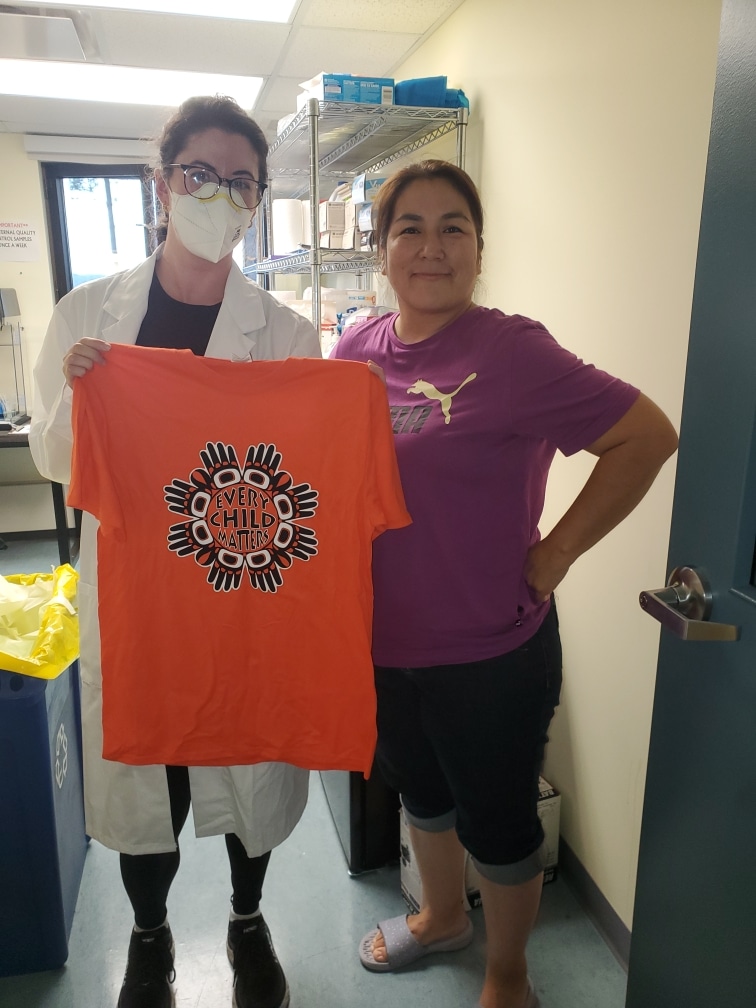
How will you measure the impact of your research?
Dr. McLaughlin: The Healthy Pregnant Hearts project will begin with a community feast to facilitate dialogue and develop the evaluation plan in collaboration with the community. We will have qualitative evaluation, including dialogue and interviews with community members, and quantitative evaluation. For example: How many people are joining these virtual seminars? What is the reach of our social media campaign? Is there an increase in visits to the nursing station for blood pressure checks or blood-glucose monitoring?
Who else is involved in the Healthy Pregnant Hearts research team?
Dr. McLaughlin: Our formal research team includes Nicole as our community health lead, two Indigenous RNs from a neighboring Algonquin community, and me. We are also collaborating with an OB/GYN physician at Mount Sinai Hospital, part of Sinai Health in Toronto, and Vice Chair of Global Health in the Department of OB/GYN at the University of Toronto and two members of the University Health Network Cardiovascular Prevention and Rehabilitation Program.
Other News
See AllCelebrating National Volunteer Week at CCS
April 18, 2024
CCS members have a diverse range of skills, experience, interests, and backgrounds. One common trait...
CCS News MembershipApply to Join the CCS Board of Directors
March 5, 2024
Take your career and your profession to new frontiers! Apply today to be part of our Board of...
CCS News MembershipHeart Month: Celebrating Canadian Cardiovascular Research
February 1, 2024
This Heart Month, we’re focusing on the importance of fostering growth of peer-reviewed Canadian...
Heart Month Research Fellowships & Awards